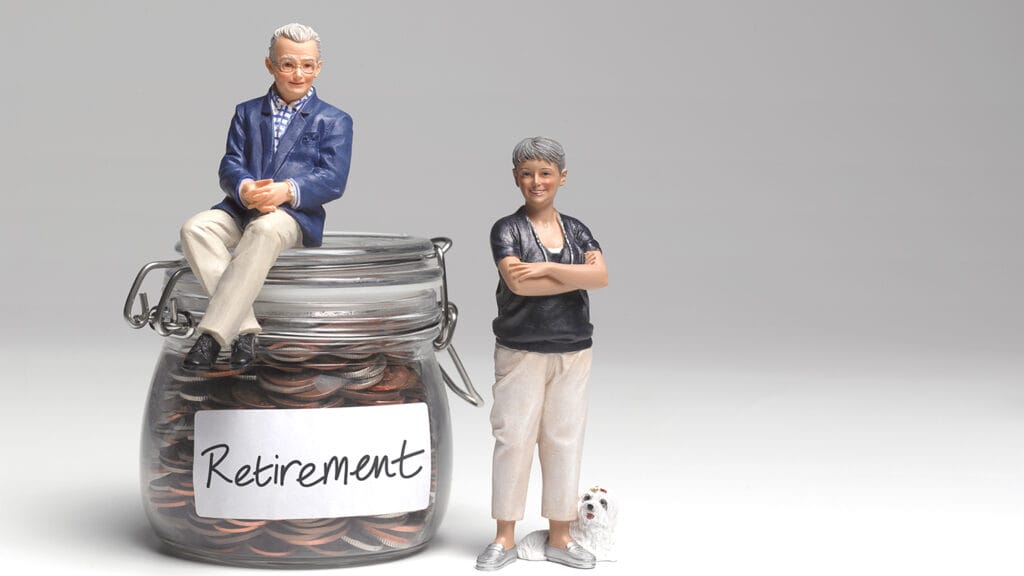
With 10,000 Americans reaching retirement age every day, retirement planning should be top of mind for many prospective senior living residents. But two recent studies found long-term care planning isn’t a top concern for older adults, and many also don’t have a good understanding of longevity.
While most Americans are worried about inflation and the economy as threats to their retirement, financial advisors said they should be more concerned about how to pay for long-term care costs, according to a recent study from Lincoln Financial Group.
The organization surveyed more than 1,000 US adults and 405 financial professionals on long-term care attitudes, experiences and planning. They found that 59% of adults cited inflation as the biggest threat to their retirement savings, while 51% think it’s the economy.
But half of financial advisors said they should be more focused on how the need for long-term care could impact retirement savings.
“With a record-setting wave of Americans reaching retirement age next year, the time is now — more than ever — for consumers to factor long-term care into their retirement plans,” Mike Hamilton, vice president of MoneyGuard2 Business Management at Lincoln Financial Group, said in a statement.
With the cost of assisted living or home care topping $4,000 a month, and the average monthly cost of skilled nursing reaching nearly $9,000, “a long-term care event can take a significant financial toll,” according to the survey. And while 96% of survey respondents agree that it’s important to plan for long-term care, only 19% have actually started that planning process.
Medical (50%) and long-term care expenses are seen as bigger threats to a retirement portfolio by financial professionals than inflation (41%), longevity (29%) or the economy (24%). And 75% of financial professionals said they agreed with a statement that they have seen families “devastated by the costs of long-term care.”
Consumers, on the other hand, worry about the cost of long-term care (73%) more than losing their mental or physical capabilities (67%), or being a burden (63%). And only one-third of Americans believe they will need long-term care someday, while 25% who believe they are unlikely to need care in the future.
Misjudging longevity
A lack of concern over longevity risk, or outliving retirement resources, was amplified in a separate new study from Jackson Financial Inc. and The Center for Retirement Research at Boston College. The groups surveyed more than 1,000 individuals between the ages of 55 and 84, as well as 400 financial professionals and financial psychologists on retirement-related risks.
“People do not accurately estimate their life expectancy when comparing their expected longevity to standard mortality tables,” Glen Franklin, Jackson Financial assistant vice president of research and RIA and lead generation strategy, said in a statement. “Most overestimate their life expectancy, and increase the risk of not effectively planning for late life events, such as long-term care.”
While outliving savings is one of the biggest risks for those approaching or in retirement, according to Jackson Financial, just 22% of respondents identified it as a major concern. The death of a spouse or partner was the biggest concern (47%), followed by the need for long-term care (35%).
Respondents ages 55 to 59 were most likely to underpredict their life expectancy, while only 12% of all respondents had predictions more closely aligned to standard Social Security actuarial tables.
The research shows that individuals are heavily influenced by emotional factors, such as the health of a parent, in saving for retirement.
“As a result, the vast majority of investors inaccurately predict life expectancy, which significantly increases the risk that they will deplete their resources,” Franklin said.


